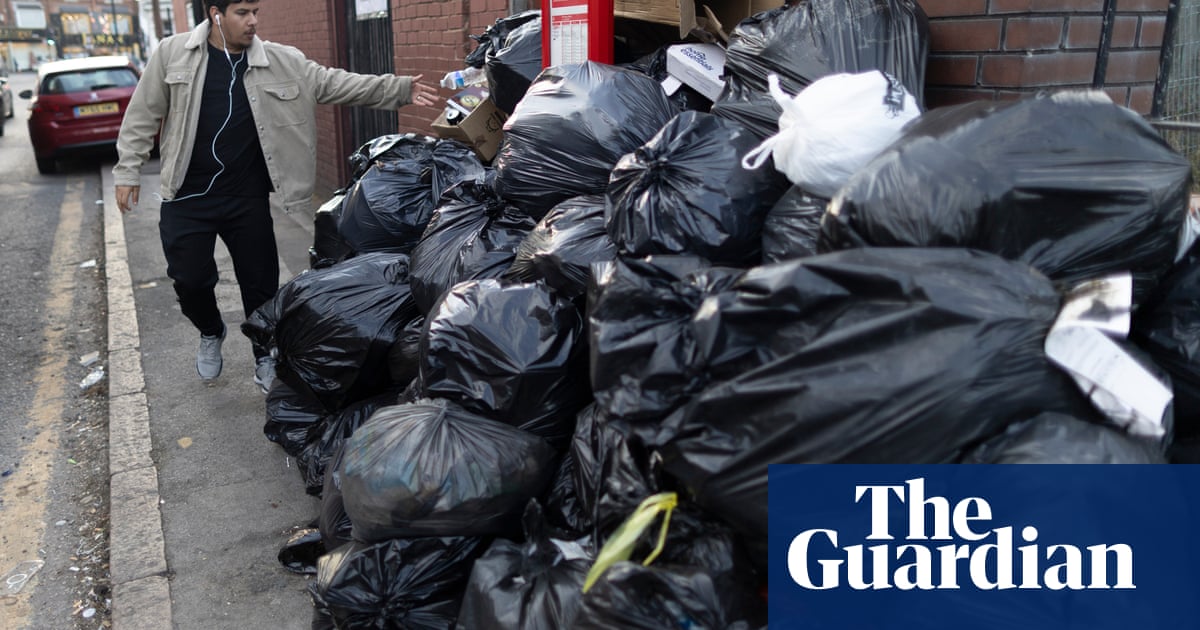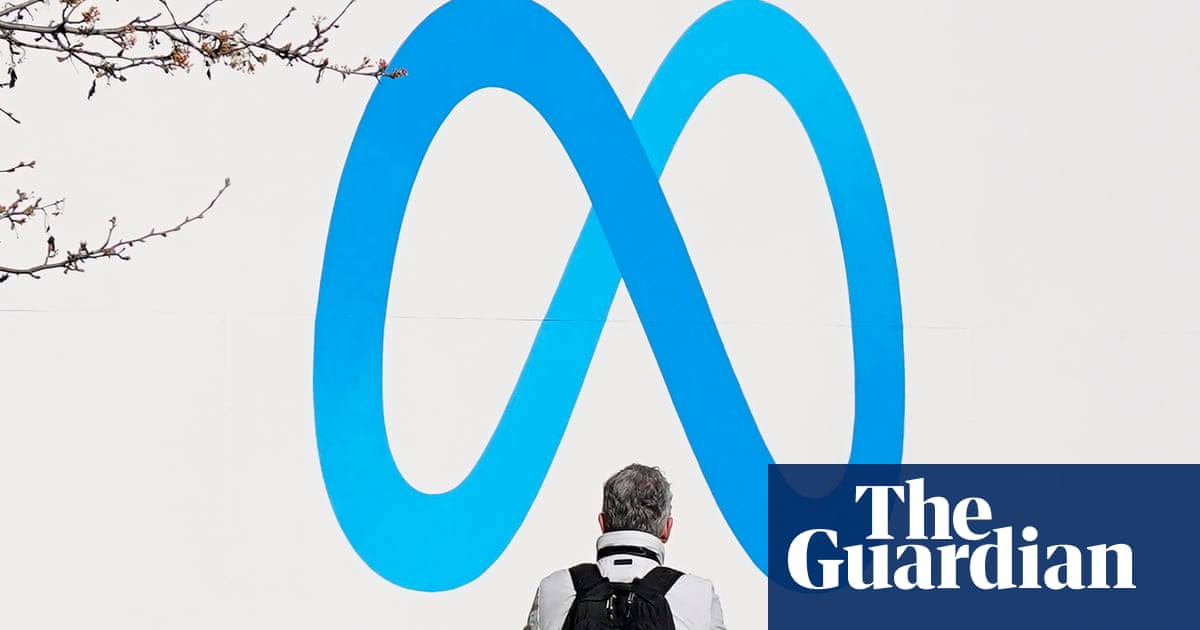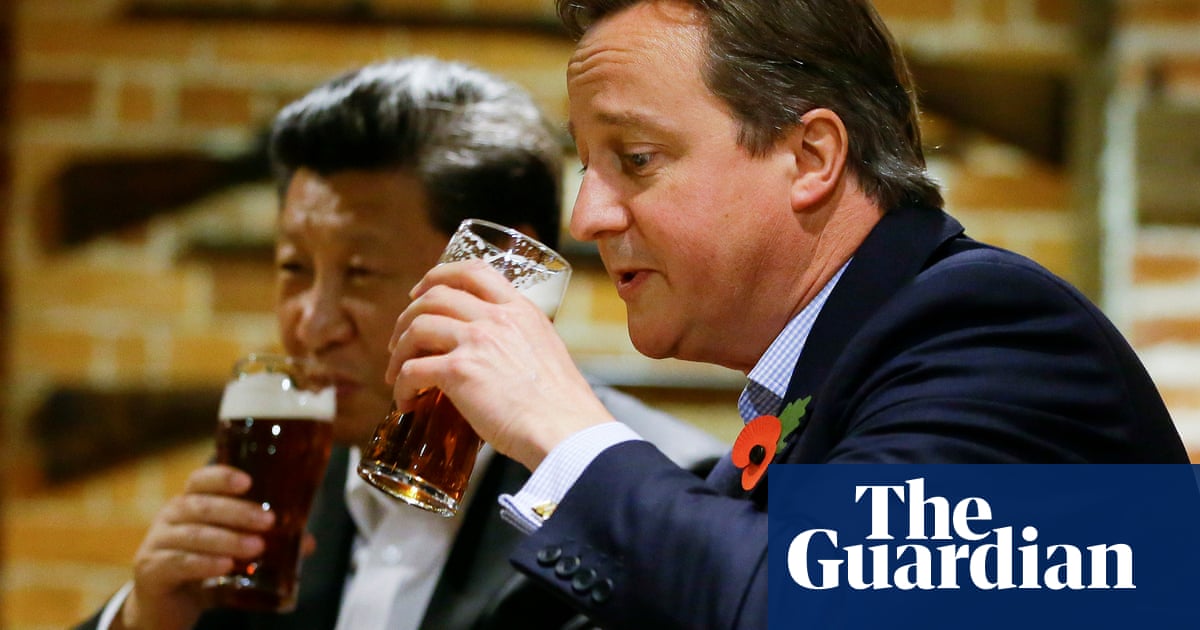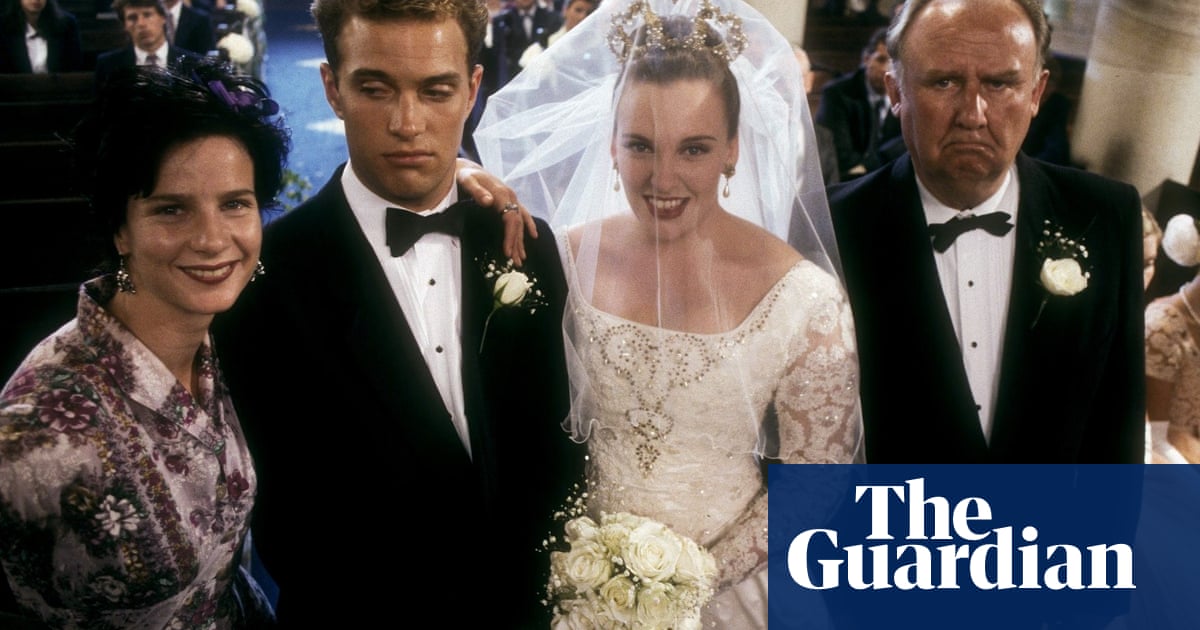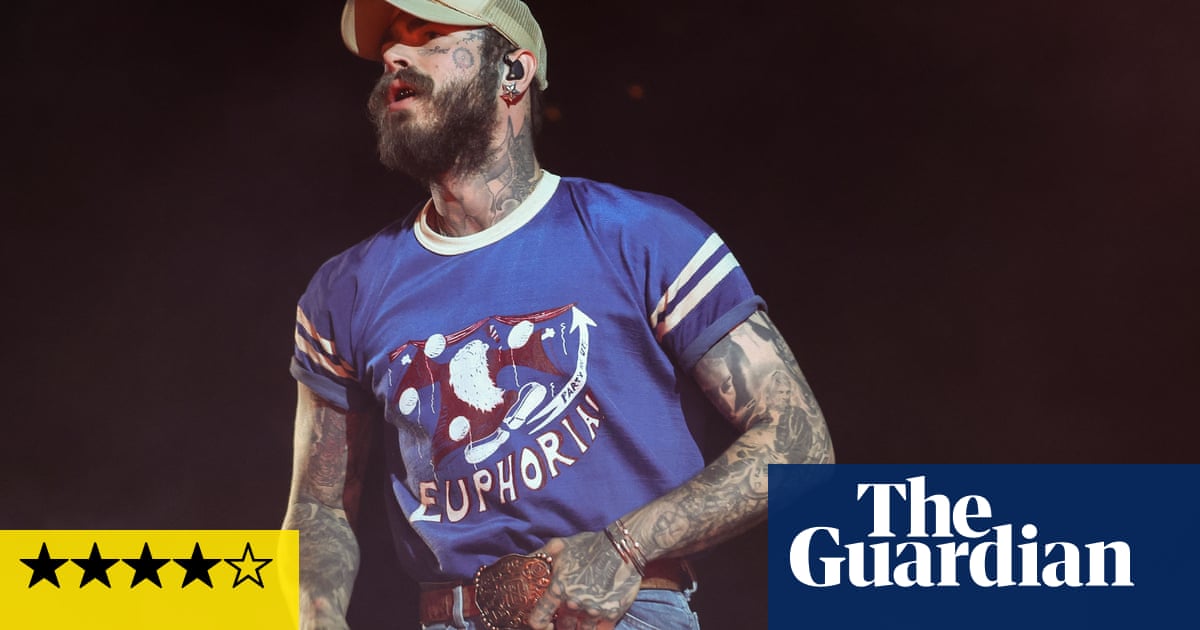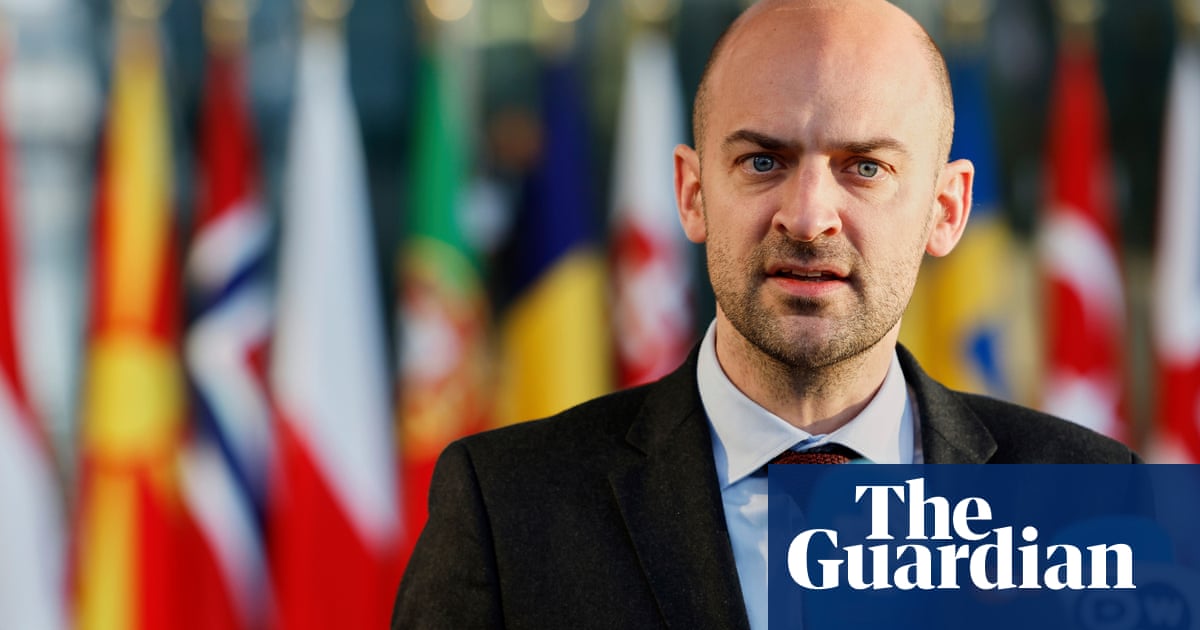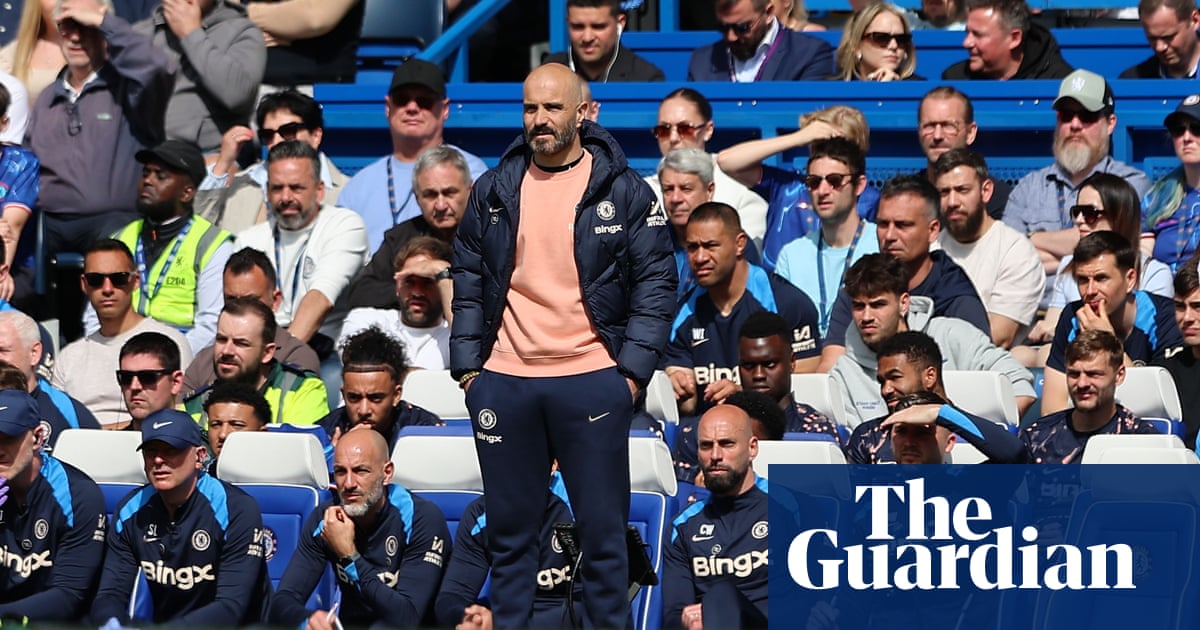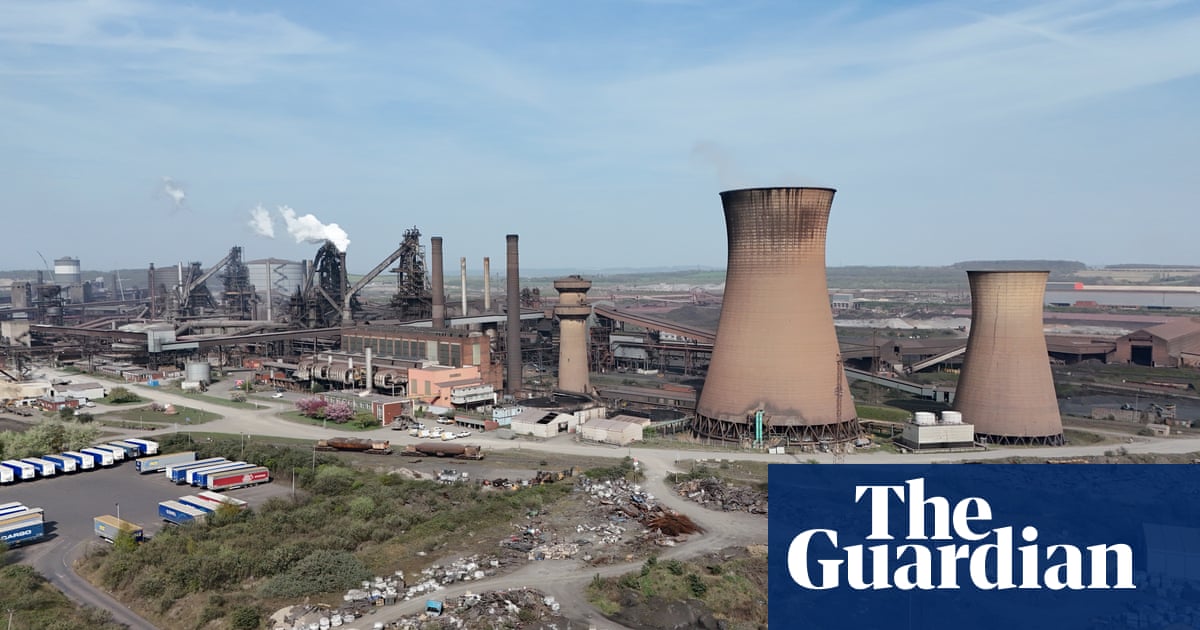Almost any workplace study in the last decade will tell you that the death of productivity – and the death of profits – is a direct result of having miserable, overworked and micromanaged employees. In an attempt to make themselves feel in control, bosses delude themselves into believing that a tight grip will yield big results from their staff.
Overwhelmingly though, the reality is the opposite: that relaxed, empowered workers (with plenty of free time) are the ones who manage to do the best work, often in shorter days than 9-5.
Can this delusion be added to the list of those held by Elon Musk and Donald Trump? Last week, Trump administration officials told US federal employees that Musk’s department of government efficiency (Doge) was using artificial intelligence to surveil staff emails for any anti-Trump sentiment or perceived disloyalty. A Guardian report said certain federal agencies were warned to watch what they said in any work setting, with the Doge team secretly recording virtual meetings and loading new monitoring software on to computers – adding that any diversity, equity and inclusion (DEI) buzzwords were also being scanned by AI. It remains unclear what the administration might do with this information, who it might be shared with and whether it is about to inform another round of the administration’s now-characteristic mass layoffs.
The use of shoddy tech to enforce McCarthyist principles may seem like a predictable next step in the Trump-Musk alliance, whose express goal in the last three months has been to cut up the government, in ways that often benefit their private ventures. (Already, they claim to have used Musk’s AI chatbot, Grok, to gut government departments.) But this story comes in the wake of a screeching pivot in the world of work, where hypersurveillance and inflexibly harsh practices are fashionable again after a brief hiatus, where they have been adopted – as in the case of Musk’s department – to increase efficiency.
The late 2010s and early 2020s were defined by pseudo-benevolence from corporations. It was an era of companies as families and fun over functionality; when management pushed yoga classes, snack walls and in-office mini golf, and bosses were pitched as friends rather than the next rung up in a rigid hierarchy. This was a superficially gilded age of work: perks and swish spaces were more often than not a mask for poor benefits and conditions, and even worse pay. The pandemic saw a rise in workplace surveillance technology, as managers scrambled to retain control over their staff, whom they could no longer monitor behind the glass walls of their open-plan offices – despite the popular idea that we were witnessing the birth of a new, better working world.
We have now entered a new era of grim austerity in the workplace. The prevailing wisdom has shifted from easy-going to grind. In January, founder and former CEO of BrewDog, James Watt, went viral for saying workers should focus less on work-life balance and more on obsessive, dedicated work-life integration; in the same week, the former M&S and Asda CEO, Stuart Rose, argued that working from home was not “proper work”. Surveillance technology is booming, with projections that 70% of large employers will be monitoring staff in some form by the end of this year. This is all happening in the midst of an economic crisis: for two years now, we have seen a near-constant barrage of mass layoffs in major industries, where workplaces are whittling down staff numbers (and benefits) to brace themselves for the coming global recession.
This together amounts to a mask-off moment for these heads of companies, ditching their previously thin values in pursuit of competition and efficiency, at any cost to staff – while expecting total loyalty in response. What makes things different this time around is there is no false pretence that these companies care about their workers, or that any benefits they receive is because of some benevolent company care. Instead, we have the knowledge that everything is being done to maximise the bottom line.
We shouldn’t conclude that this is anything more than a blaring signal of our bleak new era. But how far can this ethos go among a workforce galvanised against it? Earlier this year, Oli Mould, a professor of human geography at Royal Holloway, University of London, wrote that gen Z are prioritising work-life balance over hustle culture, seeking out companies providing secure contracts and ample benefits, explicitly opting out of roles that demand long hours and churn. In spite of this raging corporate malignity, young workers are (when they can) rejecting work that looks anything close to precarious or gruelling. They are ready to pledge their loyalty to their employers – but only to those companies willing to fulfil the reasonable expectation that employees get something substantial and equally committed in return.
If corporate decision-making were determined by workers’ desires, wouldn’t we be faced with a reality where the richest man in the world is combing through entry-level workers’ emails to make sure they have never complained about their jobs? There’s only so much workers can do to push back against this powerful wave of drudgery, emboldened by a political culture that celebrates overworking and callousness (a culture spearheaded by the very people conducting this workplace surveillance). There is serious generational friction, but it’s hard to picture an outcome in which this gentler vision of work is the side that succeeds.
after newsletter promotion
However, even if this punitive surveillance culture is what goes on to define our present working era, we should be clear about the limitations of this hypervigilance and the false assurance it gives to bosses desperate to assert total control. Rather than achieving fear-induced motivation among staff, the only outcomes corporations can expect are less-productive, unhappy employees. As one federal worker told the Guardian: “It’s really funny to think about the Dogebags sitting there, watching and learning in real time, that the ‘deep state’ is really a bunch of goobers just doing our boring jobs for middling pay.” Workers are certainly the losers, but this philosophy has no winners.

.png) 1 day ago
8
1 day ago
8



